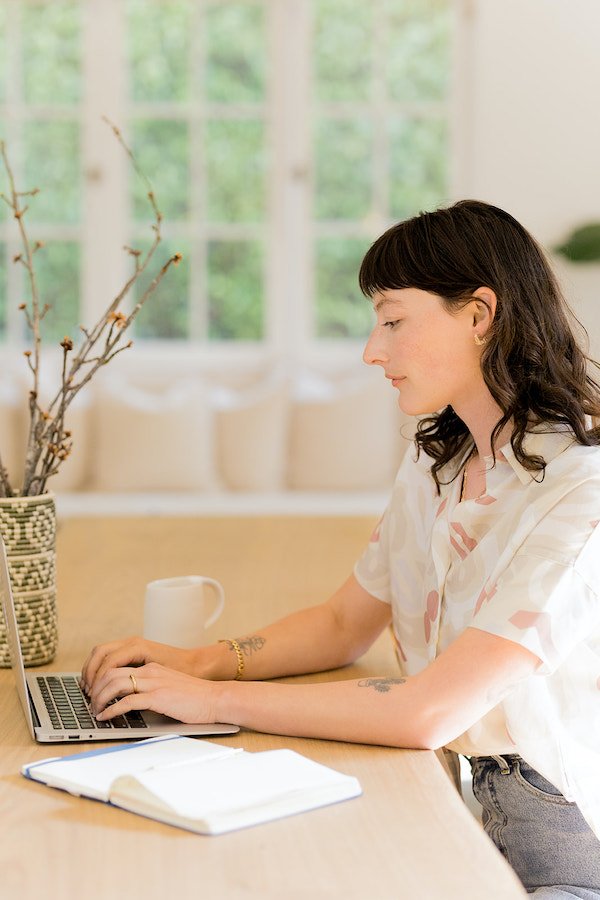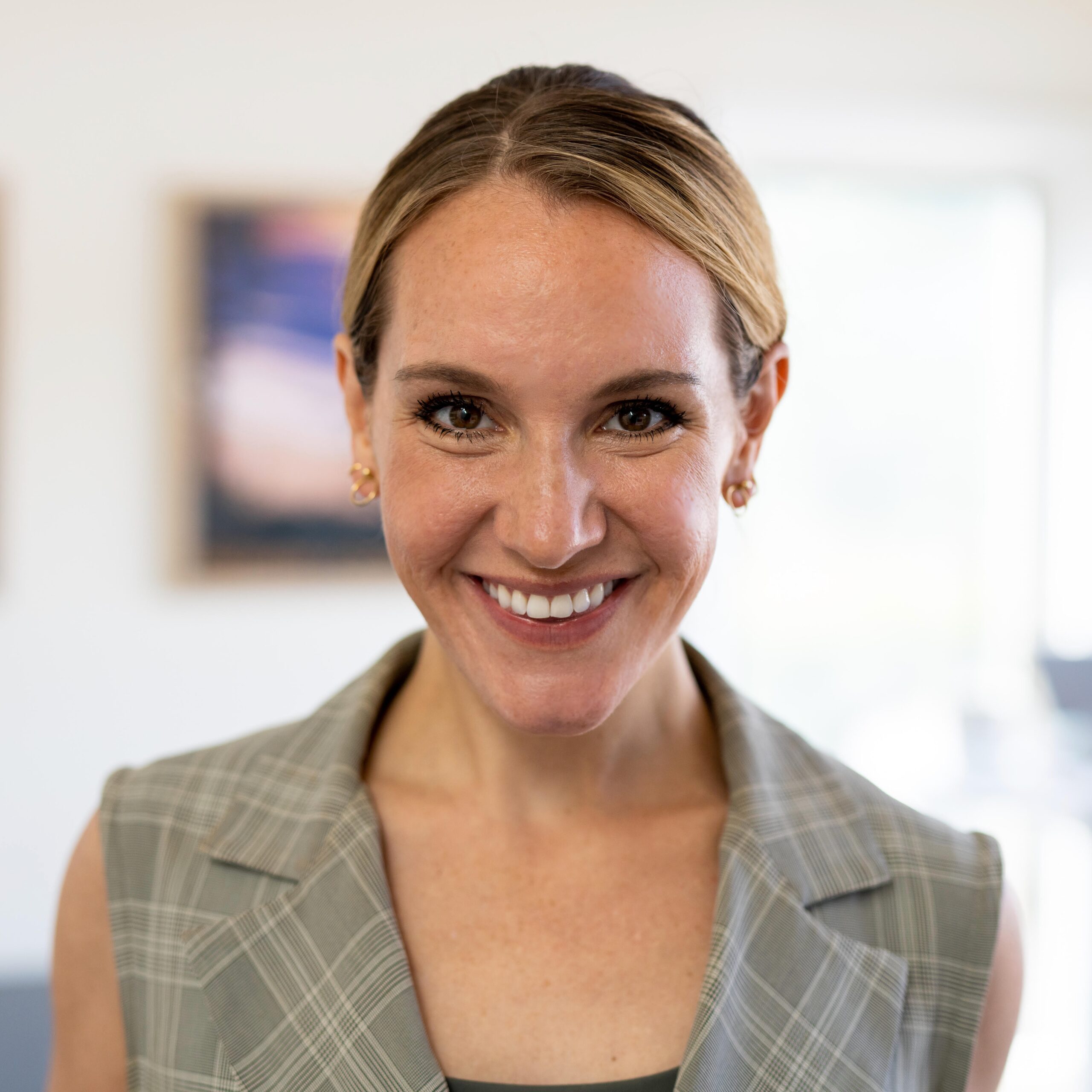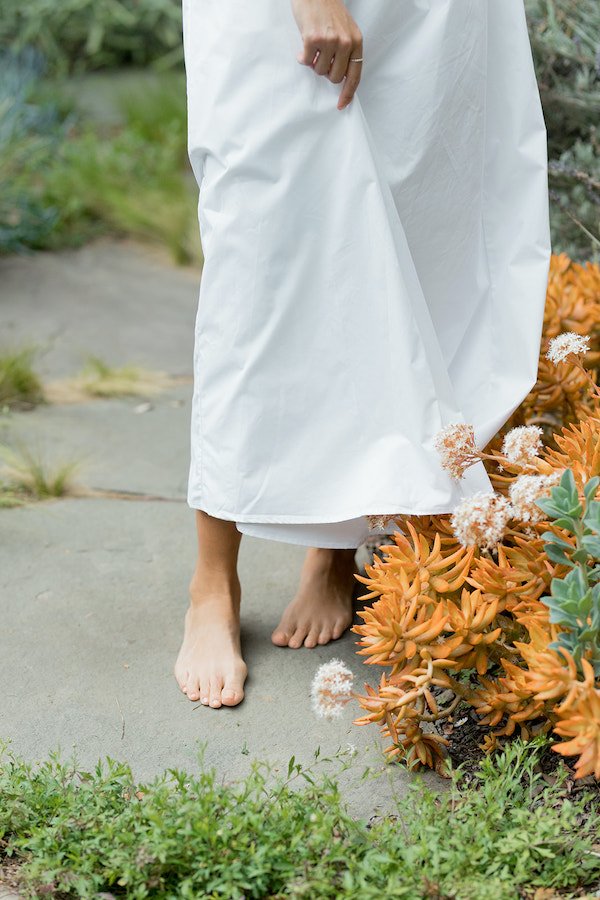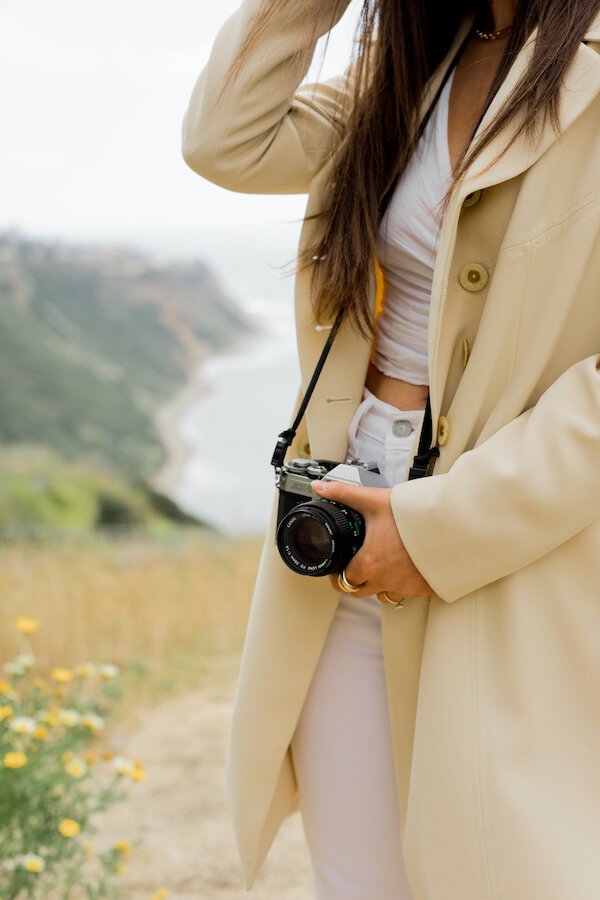
How To Delete Your Digital Platform Without Feeling Like You Wasted Time
“Your website domain will automatically renew next week.”
The email subject line was nothing extraordinary, but it caused an instant knot in my stomach. Why am I still paying for this site when I haven’t blogged in years, and why haven’t I been able to bring myself to delete it?
It’s called Selflessly Styled, the ethical and sustainable fashion blog I started seven years ago. It features interviews with industry insiders and other “conscious consumers,” in addition to my own reflections. The site represents a significant piece of my history; I look back fondly at the girl who wrote those words and took those pictures years ago. She feels far from who I am today, but I miss her ambitious and idealistic energy. It’s been nice to visit her on a screen once in a while, even if only to laugh at her naiveté.
Nevertheless, I’ve known the time to let go has come. While I could renew the domain and continue visiting the site, I feel I’m ready to fully embrace my current stage and future dreams, many of which exist because of the experiences and education that blogging led me to.
“It can be jarring to delete a social media profile or blog and witness countless hours of work vanish with the click of a button.”
Any transition brings a weight of goodbyes, but digital spaces feel unique in their ability to evaporate instantly. When we move out of a home that we’ve painstakingly renovated, we can delight in the thought that the next occupant will enjoy what we created. When we leave a job we’ve poured our heart into, we can rest in the belief that our efforts laid a foundation for the remaining team to build on.
Conversely, it can be jarring to delete a social media profile or blog and witness countless hours of work, memories, income-generating affiliate links, and even relationships vanish with the click of a button.
In talking with friends, I’ve learned many others have gone through a similar process of outgrowing a digital space that they’d once cultivated. From those with passion projects to those who created entire careers out of their platforms, many people delay deleting their profiles even once they are no longer active.
Experiences vary greatly, but it seems for many of us, we hold onto old platforms due to shapeshifting “what if” questions lurking in the back of our minds. What if we relaunch with a new strategy and better boundaries? What if we could make a living from this platform or achieve the positive impact we once dreamed of? What if we never reached our full potential and quit too soon?
It’s also complex to lose an online identity and the relationships we’ve cultivated on our platforms. For some, this identity spills into “real life” and creates real opportunities. The larger the online presence, the longer the transition can take for a new identity to solidify.
“You have to give people time to get used to your new identity when you walk away from what they were used to seeing online,” explains Branden Harvey, Founder and CEO of Good Good Good. Before starting the media company focused on spreading good news, Harvey walked away from his career as a social media storyteller, where he was one of the most prominent figures on Snapchat.
“The larger the online presence, the longer the transition can take for a new identity to solidify.”
“It probably took two years for my public identity to transition to something I was more aligned with. Give yourself time to get far enough away from it and you’ll eventually be able to laugh and have a sweet nostalgia about it,” he says.
That perspective has helped me accept—maybe even enjoy—that my blogging chapter has thoroughly closed, at least for now, and embrace new outlets and work that better aligns with who I’m becoming. I smile when I think of how fun it will be to tell my daughter someday about who I was “back then” and the valuable experiences I had along the way.
On that note, I’ve determined how I’m going to preserve elements of the experience without continuing to pay for a website:
Export the memories.
I’m saving a few meaningful written pieces and ensuring that I have backups of my favorite images archived so that I can look back on this season with visual reminders. It will be nice to have so many photos to accompany this particular chapter as it comes to completion.
“I can look back on this season with visual reminders.”
Branden also points out how fun it is to have these memories to look back on. “I love it when I get to talk to someone who is in their fifties. I might know them in their current work and then they drop a nugget about something completely unrelated that they spent time on in their twenties or thirties. It reminds me that life is all a process that shifts from chapter to chapter.”
Get granular about accomplishments.
Writing down everything that I got out of the experience has removed any sliver of doubt about blogging being a waste simply because it’s over. The blog changed the course of my career and landed me a job I would never have dreamed of—because of the site, I was offered a position leading marketing for a purpose-driven fashion company.
“These [accomplishments] will not disappear with the domain name.”
The blog also challenged and expanded my worldview as I got to research and write about unfamiliar topics. It introduced me to friends all around the world, not to mention the lessons I learned about marketing, analytics, design, and more. All of these have continued to enrich my life daily and will not disappear with the domain name.
Have a little ceremony.
Knowing that the moment of digital deletion itself will be wildly anticlimactic, I’m planning a small personal ceremony to ensure a marked moment of closure. This includes reviewing the list above while wearing an outfit from a favorite photoshoot and reaching out in gratitude to those who I met through the blog. I might even blow out a candle to make it feel like a real main character moment.
To close with the words of my friend Branden: “The transition away from an active presence on social media platforms (or a website) is a big deal, but I enjoyed the practice because one day I’ll likely face a transition that’s even bigger. These transitions will allow me to look back in years to come and enjoy what a diverse life I’ve lived.”
“These transitions will allow me to look back in years to come and enjoy what a diverse life I’ve lived.”
Ellie Hughes (she/her) spent several years as a sustainable fashion blogger and now works as a freelance writer, marketing consultant, and creative producer alongside her husband. They live in Portland with their daughter (Ro) and corgi (Pip).





